“If a child can’t learn the way we teach, maybe we should teach the way they learn.” It sounds simple – yet in today’s packed classrooms where teachers are given their curriculum guidelines it is a challenge to individualize lessons. This is one reason why Adventure Academy works for so many early education students, homeschoolers and those who need just a little extra help on their homework afterschool or on weekends. Our flexible 7days/week schedule still has a couple part time spots available for child care and tutor time students.
From infant development thru elementary education our program offers multiple curriculum options for all ages and stages. From our 2nd grader performing at a 4th grade level to the developmental delayed preschooler we have some kiddos who don’t fit the typical continuum. Some are ahead in some areas and behind in others and some are right on track according to developmental experts. Each child and their family decide their goals and schedule time with other students or through one-on-one services.
Even if students are scheduled to attend with other students – their goals are individualized. Often we utilize a fun curriculum theme for all but expectations differ for each child. This month we are using the “Discover the Desert” theme from Mother Goose Time. Discovering desert terrain and wildlife excites us for the warm weather that spring will bring to Michigan! Although we don’t see many of the animals we’re learning about in our area we can visit them at zoo’s …and since we live in a rural area the cowboy discussions were close to home.
Cowboy discussions led to farm life discussions and how some of our families are prepping their farms for spring growth – which led to discussions of other things that grow in spring, including each child. In understanding that each child is unique we don’t expect huge growth spurts for all, or growth in all subject matters at the same rate, but we do expect growth in all areas – in the child’s time. Each child’s timeline is different and as little ones learned about the concept of timelines older students worked on various timelines from historical events to their morning routines.
Older students discussed percentages and fractions of time spent doing daily activities, while younger students worked on mastering typical daily activities. From dressing self to math equations each child worked on individual daily goals, while tapping into different subject matters. From self concepts to occupational therapy, from language to math and sciences each child had access to learning skills beyond their level without it being presented in an intimidating way. Even though elementary students worked on skills beyond a preschoolers level, preschoolers wandered over to watch and were later observed imitating the lesson.
Developmental level and learning styles are considered before lessons. This is accomplished by the students themselves defining lessons, and topics to branch off on. This is why our lesson plans often change as their abilities and interest change. Even observing a toddler at play can help you define lesson plans and personal goals. If they can’t verbally tell you what they want to learn about and how they learn best – watch them. If they are always playing with animals – how can you integrate animals? If they are constantly playing at the sand table – how can you integrate sensory activities?
Experiment with different audio, visual and kinesthetic styles of teaching and see who retains what, who wants to keep exploring the topic further and who you’ve lost the attention of. If you lose the attention of a student switch it up and teach the same concept a different way. Students who understand the lesson will only gain stronger basic skills in that area and also be able able to peer teach their friends, while students who are still grasping at the idea will be exposed multiple times and in different manners assisting them and you in discovering the way they learn.
If no one is interested in learning that topic – move on and return another time. Using theme activities instead of set curriculums allows more flexibility in this area. You can still teach all subject matters to all areas but changing up the theme to topics of interest will help them understand the lessons and keep them interested. The most important part of teaching is keeping them interested in learning new skills. Too often parents request my assistance because their child “hates school” and a child should never hate school! School should be fun! This is how we engage children to one day follow their dreams towards careers.
What does your child want to be when they “grow up”? An astronaut? A rock star? Don’t discourage their dreams – instead turn their interest of space or music into a unit you can teach the other subjects through. Need help getting your child excited about learning new things – contact Christi@MiFamilies.com. Want to network with other providers or parents about learning matters – find us on LinkedIn, Facebook, Twitter, Pinterest, YouTube… Want to explore other parenting or provider topics – check out the workshops MiFamilies facilitates at www.MiFamilies.com. Adventure Academy is just one of Mi Families programs…

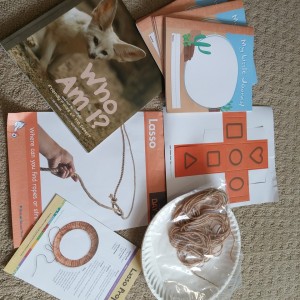
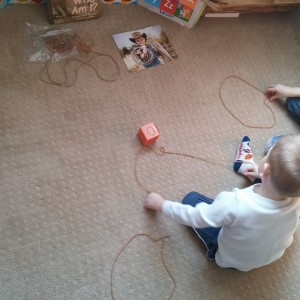
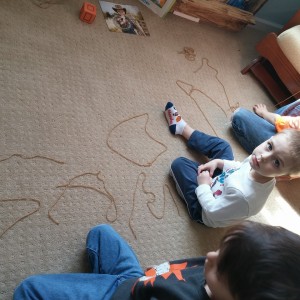
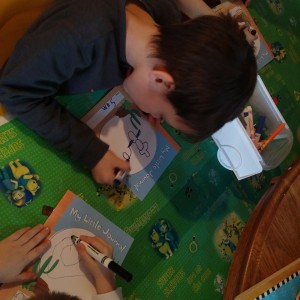
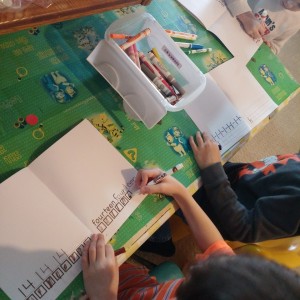
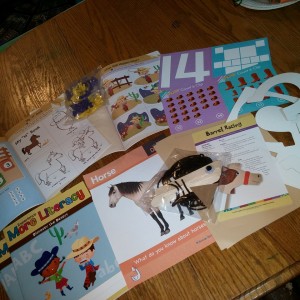
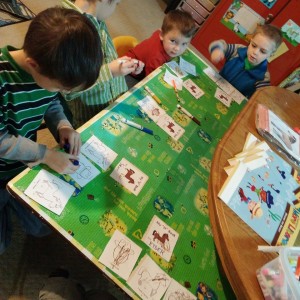
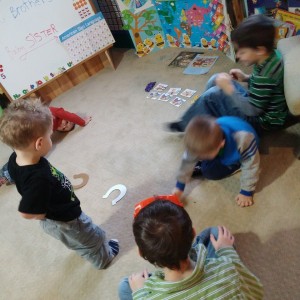
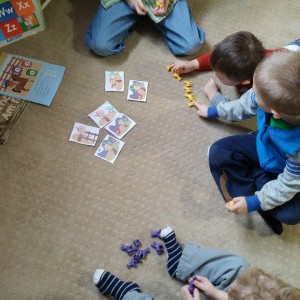
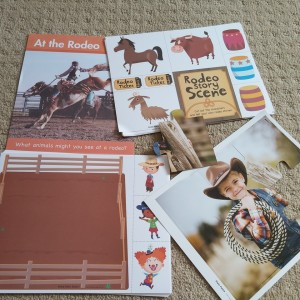
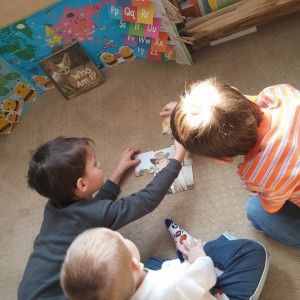
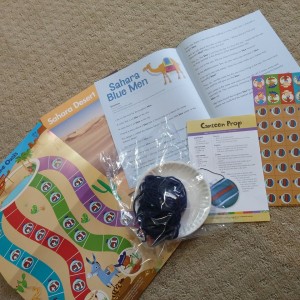
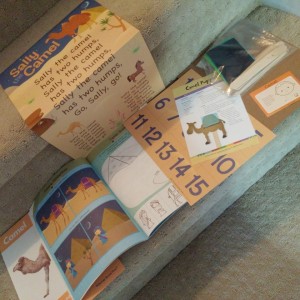
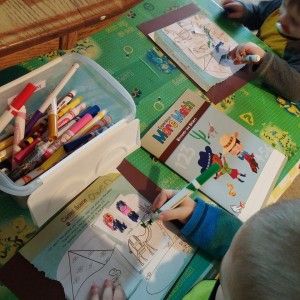
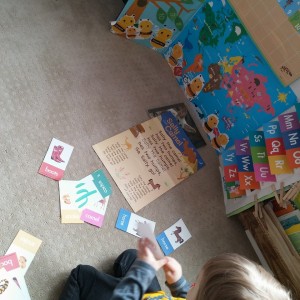
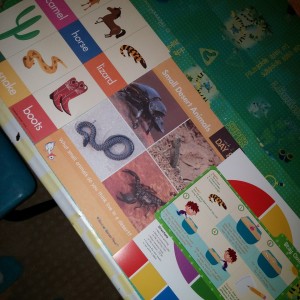
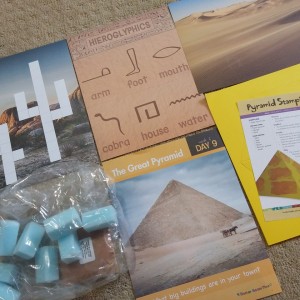
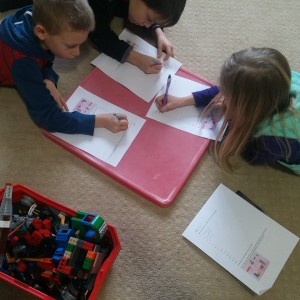
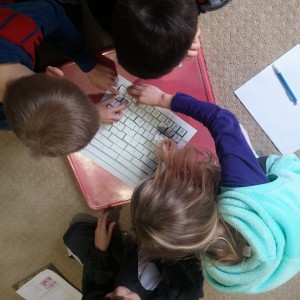
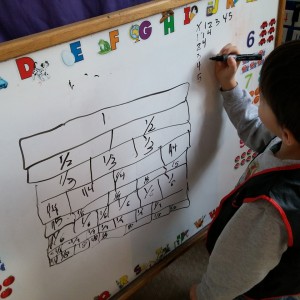
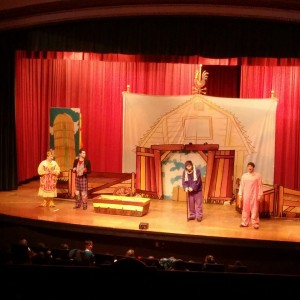
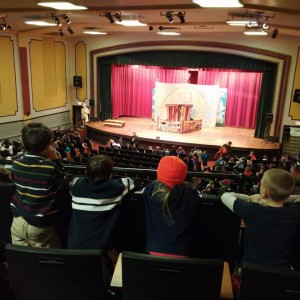
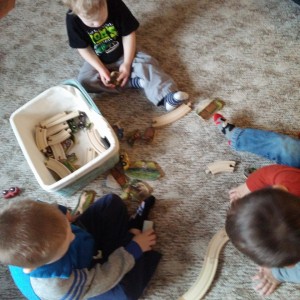

Leave a Reply